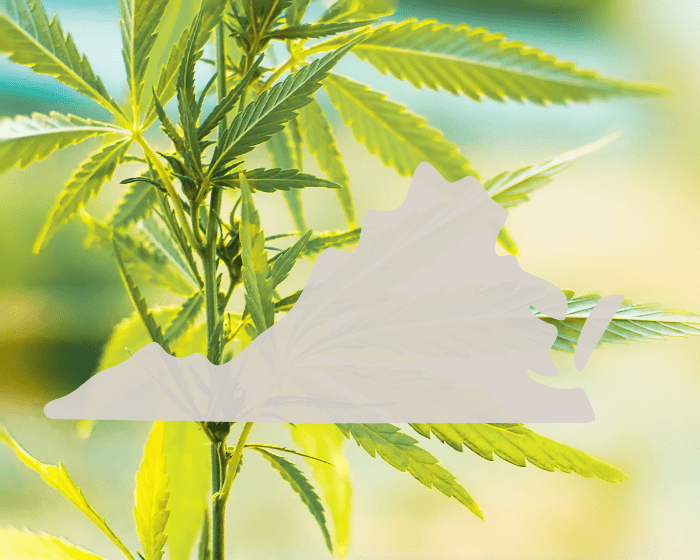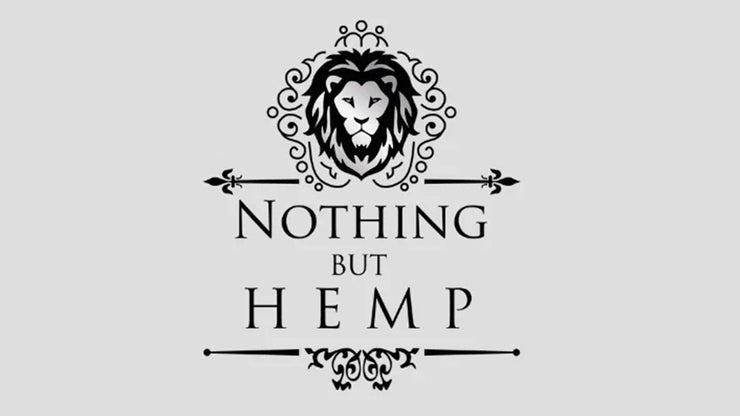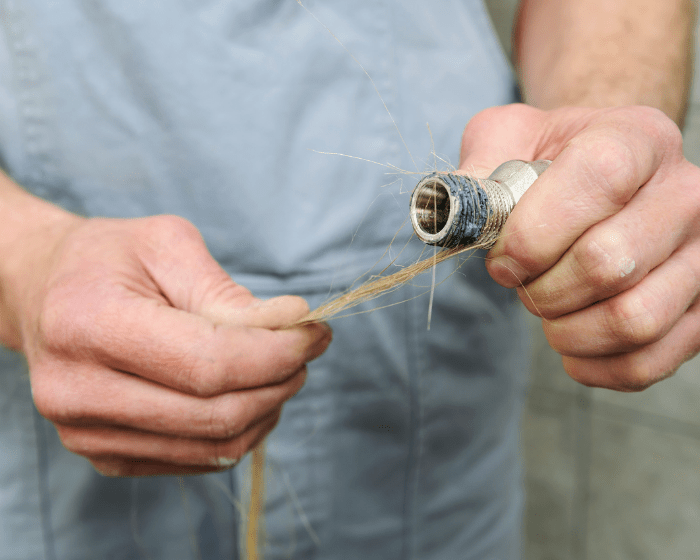
Virginia's hemp industry thought new regulations in the state's latest budget would legalize hemp-derived THC, including delta-8 and delta-10. Instead, just before the budget went into effect state agencies announced a crack down hemp-derived THC.
Although the legality of hemp-derived THC is generally viewed as contentious, agencies including the US Drug Enforcement Administration and a federal appeals court panel have said it's technically legal. That’s because federal hemp regulations and laws in many states ban only delta-9 THC, the most naturally abundant and well known tetrahydrocannabinol.
But according to the Virginia Department of Agriculture and Consumer Services (VDACS), that’s not the case in Virginia anymore. The agriculture department and state's attorney general announced June 30 that they planned to initiate efforts to end the retail sale of such THC products.
“Any chemically-synthesized cannabinoid is considered a food adulterant and any person who manufactures, sells, or offers for sale a chemically-synthesized cannabinoid as a food or beverage is in violation of the Virginia Food and Drink Law,” the announcement read. Delta-8 and 10 do occur naturally in trace amounts, but are made in higher volumes for retail sale by converting CBD into THC through a chemical process.
The state’s hemp industry is fighting to keep hemp-derived THC legal. When a newly-established hemp task force met July 8, processors, shop owners, lobbyists, and customers weighed in.
“Dylan Bishop, a lobbyist for the Cannabis Business Association of Virginia, was among about two dozen speakers arguing Virginia’s new rules weren’t grounded in state law and claimed the shift amounted to an overnight policy change,” Ben Paviour wrote for the Virginia public media outlet VPM.
Bishop noted that lawmakers had rejected legislative attempts to ban delta-8 earlier in the session, but the effort resurfaced in the budget.
“To say that that change of policy was a product of the legislative process and the recently enacted budget is a bit disingenuous,” Bishop said.
“To say that that change of policy was a product of the legislative process and the recently enacted budget is a bit disingenuous.”
— Dylan Bishop, Cannabis Business Association of Virginia
Hemp processor Kerry McCormick told the task force that making delta-8 and 10 illegal would spur him to move to his business across the state border, according to the VPM report.
And in written comments, one retailer highlighted the benefits of delta-8 and 10 to small businesses and the people who buy them.
“Our business has been fortunate to experience relative success helping the people of Virginia who are seeking alternative therapies,” wrote Ross Efaw, owner of Charlottesville-based Greener Things. “Because we pay close attention to local ordinances, quality of our products, and the information that people are receiving so that they feel safe, and comfortable consuming the products they get from our retail store. Most of these people are seeking relief from stress, anxiety, or help with sleep, or pain management. We, and our customers, are good people. We are hard working small business owners. The restrictions imposed by the regulations set forth by VDACS would be detrimental to our business, as well as the thousands of customers we service who depend on our assistance for their daily wellness and quality of life.”
The state budget established the hemp task force to make regulatory recommendations for “the safe and responsible manufacture and sale of industrial hemp extracts.” It did not explicitly prohibit the sale of hemp THC products, according to VPM.
“The budget was broadly interpreted by lawmakers and the hemp industry to legalize the products,” Paviour wrote, “at least until VDACS’ announcement last week.”
“The budget was broadly interpreted by lawmakers and the hemp industry to legalize the products — at least until VDACS’ announcement last week.”
— Ben Paviour for VPM
Joseph Guthrie, commissioner of the Virginia Department of Agriculture and Consumer Services said the agency’s preferred course of action will be education and voluntary compliance. However, if a business refused to comply, the case could be referred to a Commonwealth’s Attorney for further enforcement.
CBD and other nonintoxicating cannabinoids remain legal, as long as they’re made in compliance with the relevant regulations for testing, labeling and packaging. But these products will be restricted to ages 21 and older.
The US Hemp Roundtable has taken a stand against the age restriction, arguing that non-intoxicating cannabinoid extracts should not be restricted in the same way as alcohol or tobacco. The Roundtable submitted comments urging the recently-established hemp task force to regulate such products differently than intoxicating cannabis products.








































